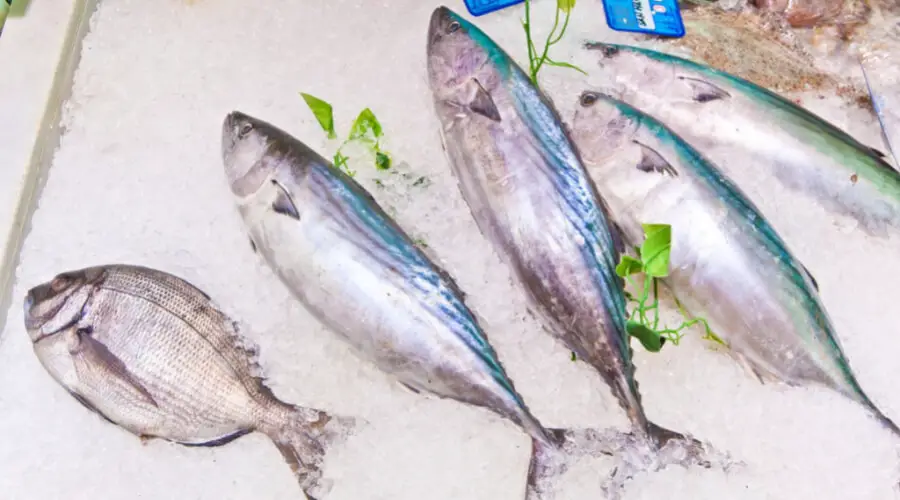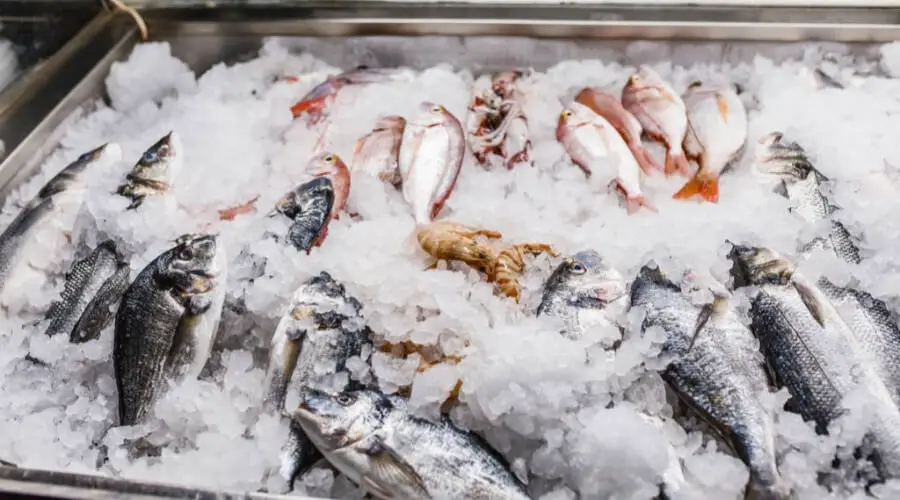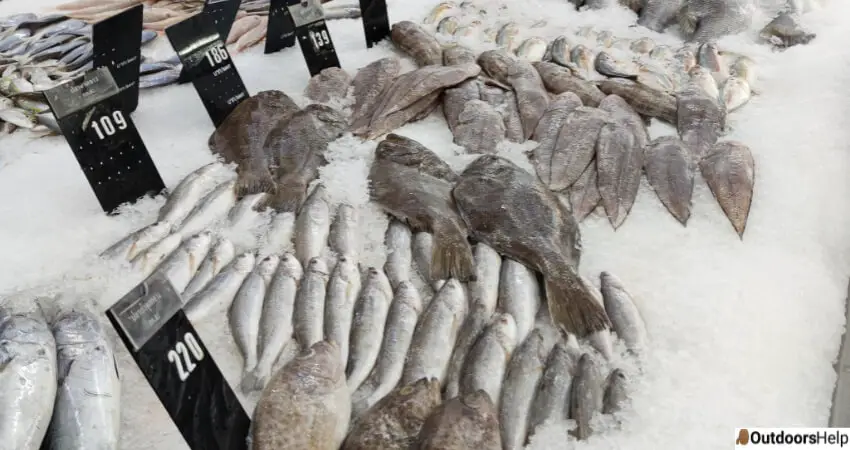Gone are the days where buying and selling products and services had to be physical. Much can be found online, and selling is made more accessible with this kind of technology. People have become busier, avoiding going to shops, doing their shopping online. This way, if you are interested in selling fish online, your idea is a good one. If you are wondering how to go about it, you are in the right place.
Here, we are going to tell you everything you need to know. From legal requirements, procedures, and the small things to keep in mind. Read on for the details.
Legal Requirements For Selling Fish Online

For you to successfully sell fish online, there are some legal steps that you need to take. These steps ensure that you are not stopped from doing business by the government. Not doing these legal requirements may result in dire consequences. Some of these legal requirements are:
1. FDA Food Facility Registration
The Federal Food, Drug and Cosmetic Act(FDCA) calls for all facilities that hold, pack, manufacture or produce food, except meat, poultry, or egg products, to register with the US Food and Drug Administering (FDA). This registration is supposed to be done before the facilities start holding, packing, manufacturing, or producing food that is for consumption for livestock and humans.
When a facility wants to change ownership or goes out of business, it must submit registration cancellation within 60 days. A registration cancellation is not reversible, so you should have thought of your decision well before submitting the registration.
Failure to register with the FDA can earn you fines. There are exceptions for those who must register with the FDA. We advise you to check the FDA website for more information.
2. Food Safety Permit
Facilities that sell potentially hazardous food are required to have food safety permits. Hazardous food includes shellfish, seafood, any frozen or fresh fish.
3. Hazard Analysis And Critical Control Point Plan (HACCP)
FDA requires facilities that process fish to use HACCP. These help in food safety control and
It is addressed through the analysis and management of potential hazards from the production of fish.
For you to implement HACCP, your facility is supposed to look at biological, chemical, and physical hazards that are likely to occur and establish limits at each control unit. After this, you should implement to see the effectiveness of the plan. HACCP is required for the interstate movement of fish.
4. Department Of Public Health
The sale of adulterated food ( contaminated and harmful to human consumption because it was produced, prepared, packaged, or handled under unsanitary conditions) is illegal. For instance, in Alabama, a producer is supposed to contract with a licensed producer to process their animals or collaborate with the Alabama Department of Public Health to build adequate facilities on site.
5. Dealer Licenses
Fish producers must have a dealer license. It is obtained from the Department of Conservation and Natural Resources if you intend to sell fresh or frozen seafood.
6. Country Of Origin
Federal law requires fish producers to provide information on the country of origin. This can be done in various ways. If you are selling this fish online, then you can include this information on your website.
7. Weights And Measures
The law ensures that measurements and weights are accurate by giving directives on how this can be done by selling products either wholesale or retail. To get accurate measures, you are supposed to contact the Division for weights and measures to have an agent certified by the state to check your measuring and weighing scale and ensure they comply with the law.
8. Regulations For Specific Products
Some types of fish have additional regulations put in place by the government. Some of these types of fish include catfish and shellfish. If you are interested in selling catfish and shellfish, you should check with the catfish marketing Act or NSSP Model Ordinance.
9. Shipping Products
Enabling your customers to order online will result to mail shipment. This comes with additional costs, especially during packaging since fish is perishable. For example, when shipping dry fish, the USDA recommends using dry ice or foam coolers and has a clear label indicating that it should be kept refrigerated.
The FTC Mail or Telephone Order Merchandise applies to orders made online. For instance, a seller should deliver an order within the specified time. Failure to which, you as the seller are supposed to tell the customer and give them an option to cancel the order and give them a full refund.
10. Taxation
You should consult with an attorney for taxation issues. You may be liable to various taxes, such as sales, employment, and sales taxes.
Determining the tax you should pay when selling over the internet can be complex. This is why we recommend using an attorney.
11. Labelling And Advertising
When you want to put a label with any claim, you should ensure that it follows the regulations. FDA prohibits selling food that is misbranded or adulterated.
Advertisements should also not omit information that will help the consumer in deciding whether to buy your product or not.
Procedures For Selling Fish Online

For any business to thrive, some procedures have to be followed. Selling fish online is no exception. In this section, we have outlined procedures for selling fish online just for you:
1. The First Step Is Complying With The Law.
You should download FDA from their website and read it. Understand the terms and conditions of handling fish and plan yourself accordingly. This is very important because just one mistake can land you in trouble with the authorities.
2. Obtain Storage And Delivery Equipment.
Fish being a perishable product, it needs good storage, packaging, and delivery. A small mistake can lead to poisoning. Proper refrigeration when fish is still in your store is essential. When transporting, you should also ensure that you use dry ice to keep it cool.
3. Connect With Your Suppliers.
You should ensure a constant supply of fish, especially when you have many customers or if you are selling wholesale. You don’t want to lose a customer because they ordered, but you could not deliver due to lack of fish. This leads to significant loss from mouth-to-mouth marketing.
4. Create A Website.
A website is mandatory for any online business because this is how your customers will find you and make orders. You can also have an app if your business grows well. An app makes things much easier for the buyer. Online marketing also helps your business reach a broad market, so you should consider investing in it.
Things To Remember
1. Insurance is beneficial in case of any loss. So it would help if you put this into consideration. You don’t want to go out of business because of fire, yet there is a way of helping yourself.
2. You should always follow the regulation put in place by FDA and other state laws. This ensures that you do not find yourself on the wrong side of the law, incurring losses in terms of fines.
3. Consider pricing strategies. Shipping to different locations will come with additional charges, so you should ensure that you include that in your pricing for a reasonable profit. You should also ensure that your pricing strategies will attract new customers.
4. Give your clients value for their money so that they keep coming back for more and recommend their friends to you.
Wrapping Up
Starting an online fish business is as easy as you want it to be. You now have an idea of what is required and what it takes to sell fish online.

